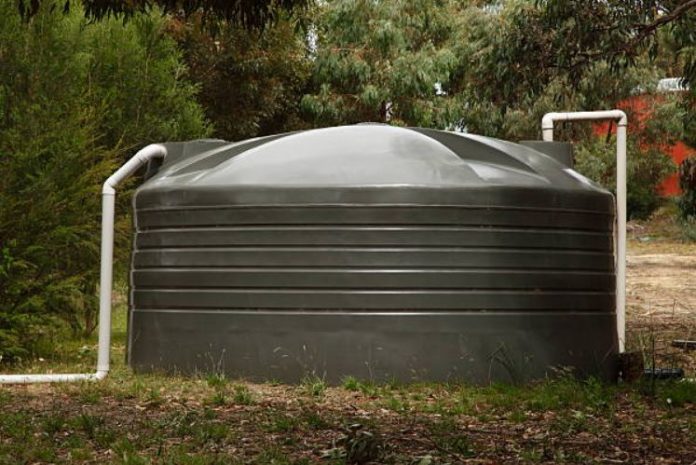Nowadays people are becoming more conscious of the water problem that exists all over the planet and are implementing new ways to collect and recycle water whenever they can.
In the last couple of years, the use of rainwater for household and garden needs has increased radically, this is why the development of new mechanisms for rainwater tanks and filters has also become more and more sophisticated.
Rainwater is one of the most precious natural resources we can have completely free of charge and it is surprising how many people waste this washout source of life.
All those families that do not have the habit of collecting their rainwater are actually wasting thousands of gallons of valuable resources.
This is why having a water tank installed is essential, both for the planet and for our household budget.
It is amazing how in today’s society we have to pay for one of nature’s resources due to indiscriminate usage and the changes in the environment.
Water is one of the most precious elements and should be free. With a good rainwater tank system, we can have water for free and help preserve nature and its resources.
The installation costs of a rainwater tank will be paid back in the short term and you will be saving a lot of money on your household expenses.
An average home will need to install a rainwater tank of about 500 liters in order to provide sufficient water for the household.
The collected rainwater is stored in tanks fitted near the roof, for the water collects in the gutters and runs through a pipe into the tanks.
There are several types of rainwater tanks you may choose from:
– Metal or steel tanks are the most sought after and are made out of several material types including colored polymer-coated steel, galvanized steel, stainless steel, or zincalume steel.
When these tanks are installed they should be lined with material to avoid rust. These tanks are easily installed above the ground on a concrete base and do not need too much maintenance.
– Polyethylene rainwater tanks are made of heavy-duty plastic, which is molded from steel.
You can choose from different sizes and shapes and can install them both on the ground and above the ground.
Although you can also choose different colors, green is best as it prevents the formation of algae.
These are less expensive than other rainwater tanks and are treated to withstand climate and UV rays damage, therefore are durable and easy to install.
– Although concrete rainwater tanks are very resistant, they are difficult to maintain and repair as they should be installed in the ground and the cement is poured on-site from a steel mold.
However, as they are installed underground they are effective in avoiding algae.
– Fiberglass rainwater tanks are expensive as they are very resistant against corrosion and rust and can be installed both in the ground and above.
They withstand severe temperature changes, thus need less maintenance.

